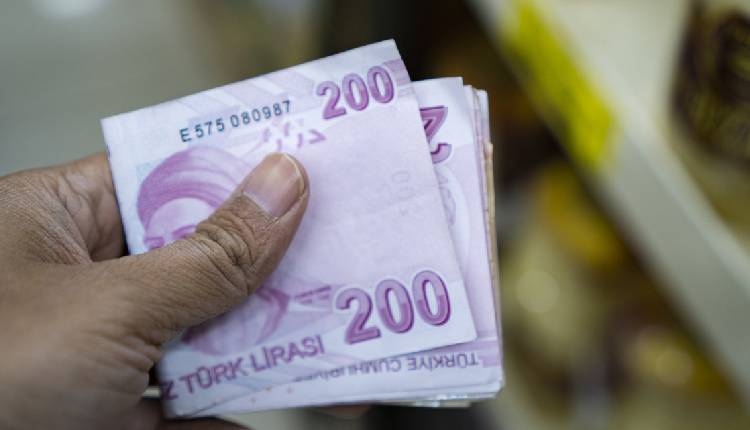Turkey’s annual inflation rate rose to 68.5 per cent in March, highlighting a key factor in the significant losses President Recep Tayyip Erdogan’s party suffered in recent local elections, Reuters reported on Wednesday.
The Turkish Statistical Institute noticed a monthly inflation rate of 3.16 per cent, marking a decrease from the 4.53 per cent and 6.7 per cent seen in the two preceding months.
The decrease is attributed to the diminishing impact of wage increases and other price hikes implemented at the start of the year.
Despite these figures being slightly lower than anticipated, with a Reuters poll predicting an annual rate of 69.1 per cent and a monthly rate of 3.5 per cent for March, annual inflation is expected to continue rising until mid-year.
Historically, Turkey’s annual inflation has consistently exceeded the 5 per cent target due to Erdogan’s unconventional monetary policies.
However, it is projected to drop to around 44 per cent by the end of the year, a figure still higher than the central bank’s forecast of 36 per cent.
Erdogan’s AK Party suffered its worst electoral defeat since its inception over two decades ago, losing mayoral seats in several provinces and being defeated by the main opposition in major cities like Istanbul and Ankara.
The cost-of-living crisis was a major factor in voters’ dissatisfaction with Erdogan and his party, according to AKP officials and analysts.
Harun Armagan, vice chair of foreign relations, acknowledged the challenges of the election, attributing them to the implementation of strict fiscal policies.
